Take part in World Space Week 4th – 10th October
World Space week has been celebrated since 1999, when the UN declared the 4th – 10th October to be World Space Week. The UK World Space week website is here.
When I think about Space, I think about discovery and exploration (and Star Trek, if I’m honest). This year, the theme for World Space Week is indeed DISCOVERY.
We thought we’d give you some ideas about what you might do to celebrate all things Space next week.
Space Careers
The space industry is a growing sector in the UK. Think Physics has produced a powerpoint and homelearning activity with examples of people who work in space. Most of them don’t work literally in space, more with things that have to do with space: space probes, satellites, telescopes, that sort of thing. Teachers could use these activities at the start of a lesson, or as part of an assembly to show students some interesting careers that studying STEM leads to.
The Night Sky
Now the evenings are getting darker, it’s a good time for going out and looking up. The Society for Popular Astronomy has got a Young Stargazers section and a monthly guide to the night sky. There’s a map for you to print out and go stargazing.
If it’s cloudy, you can use Stellarium on your desktop or laptop computer to see what the sky should look like, or on tablets and mobile phones try apps like SkySafari or Star Walk.
Although you can often see the moon during the day, it’s more spectacular at night. Think Physics has produced a Lunar Diary that you can use to follow the phases of the moon over a month.
Space Maths
Space is famously big. Even our tiny corner of the Universe, the Solar System is pretty huge. Our Space Maths activity is a cross-curricular activity to develop a scale model of solar system using the same scale for the planets and the distances between them.
Tim Peake
Launch permitting, in December 2015 British astronaut Tim Peake will be travelling to the International Space Station (ISS). His mission, Principia, now has its own webpage. It has lots of information about Tim, and the science he will do whilst on the ISS. It also has a collection of activities that you can get involved in based around Tim’s mission.
The National STEM centre eLibrary has lots of different activities that can be used to Space-theme your lessons.
And finally…
Think Physics has a series of workshops to ‘Explore your Universe‘, suitable for year 6 to year 11. We can run these in schools, or at Think Lab on the Northumbria University campus in the heart of Newcastle. If you’re interested in booking a workshop, email think.physics@northumbria.ac.uk.

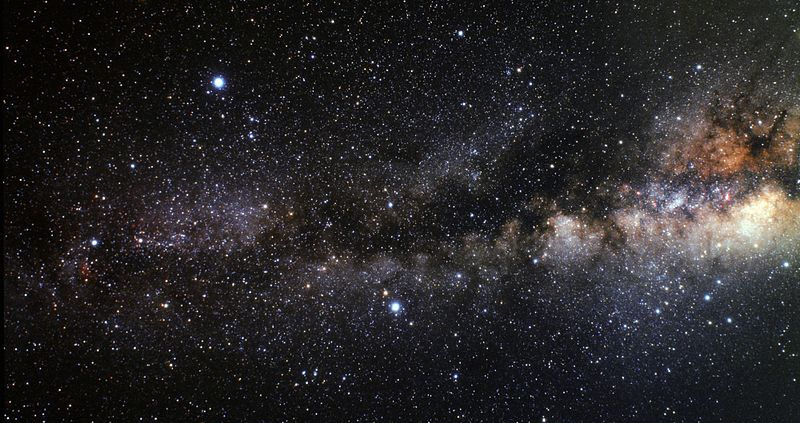
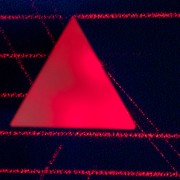

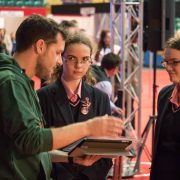
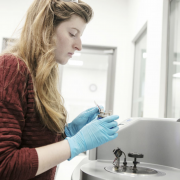
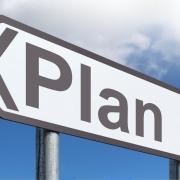 Alpha Stock Images
Alpha Stock Images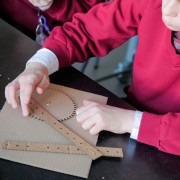
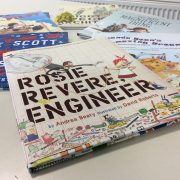
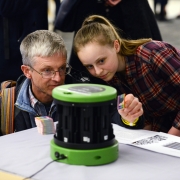



Leave a Reply
Want to join the discussion?Feel free to contribute!